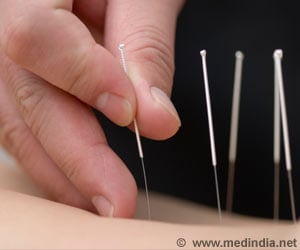Depending on your metabolism and immune function,New Zealand researchers found that you may look either older or much younger than your actual age.

Researchers collected data on the subjects’ kidney, liver and lung function, dental health, the blood vessels in the eyes as well as their metabolism and immune system function at age 26, 32 and 38.
They also measured cholesterol, fitness levels and the length of the telomeres, which are the protective caps at the end of chromosomes that have been found to shorten with age.
Using a total of 18 biological measurements, researchers determined a "biological age" for each participant at age 38 -- with some registering under 30 and others appearing to be nearly 60.
When scientists looked closely at the ones who had aged more quickly, they found signs of deterioration were apparent at age 26, the age when the first set of biological measurements were taken.
Most of those in the group were aging at the expected rate of one biological year per chronological year, or even less.
Advertisement
Those whose bodies were aging faster also "scored worse on tests typically given to people over 60, including tests of balance and coordination and solving unfamiliar problems," said the study.
Advertisement
Study authors said their findings pave the way for future tests that may be easier and cheaper to implement, so that people can find out how fast they are aging in their 20s, when they might be able to do something about it and possibly prevent age-related diseases.
Previous research has shown that genes account for only about 20 percent of aging, leaving the rest up to health behaviors and the environment.
"That gives us some hope that medicine might be able to slow aging and give people more healthy active years," said senior author Terrie Moffitt, professor of psychology and neuroscience at Duke University.
Source-AFP















